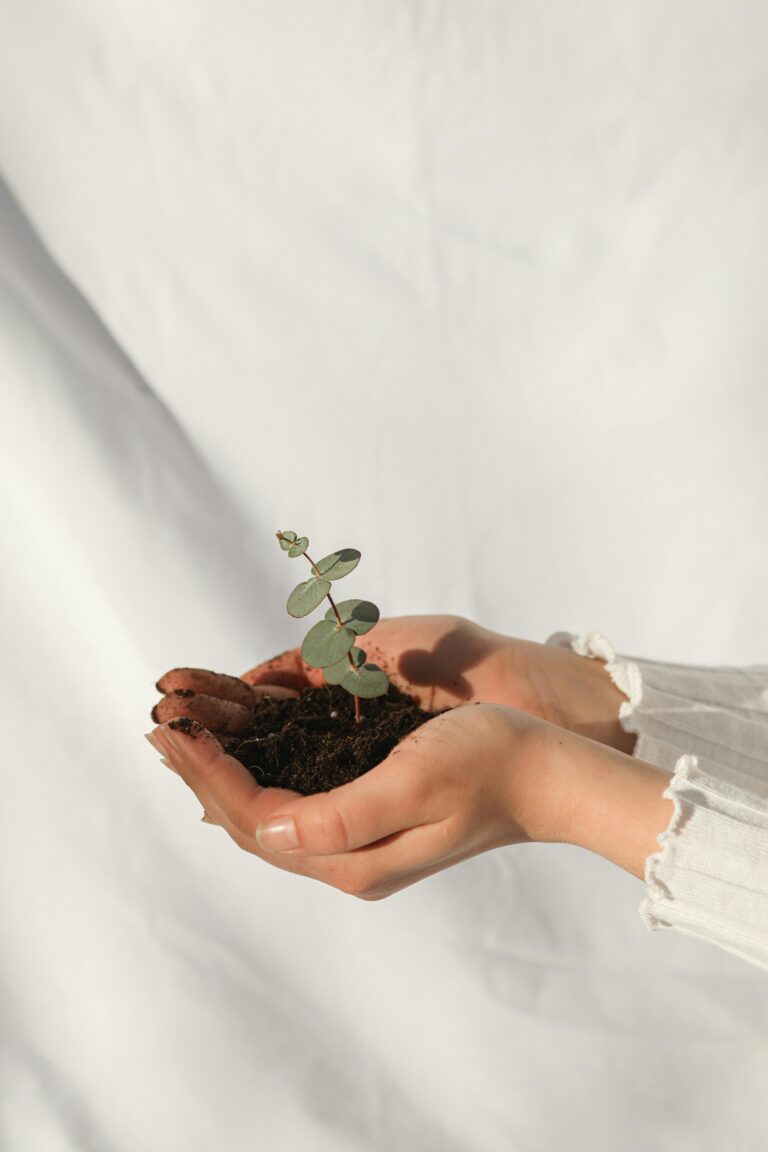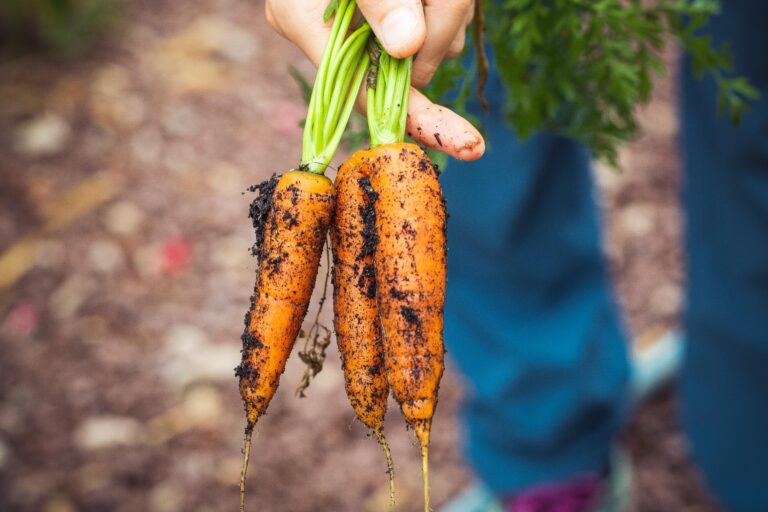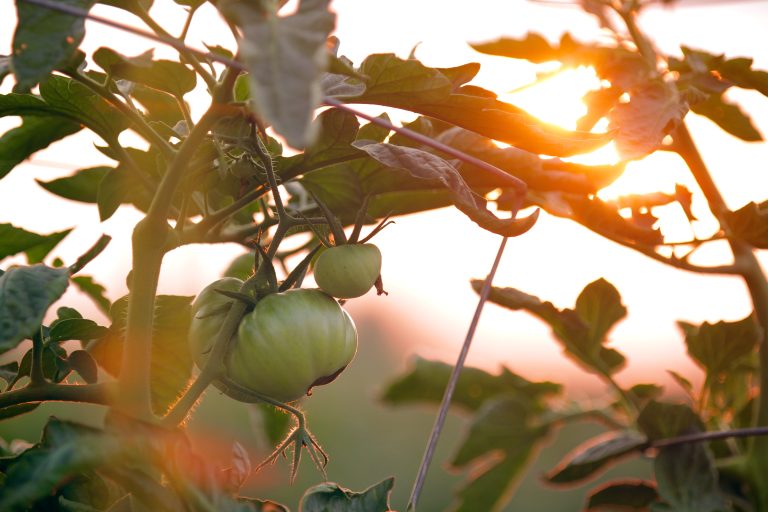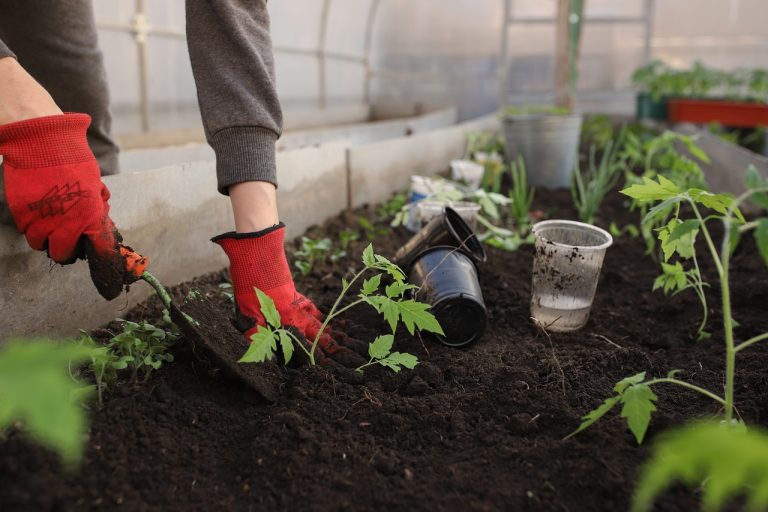Liquid Fertilisers vs. Compost: Which is Best for Your Garden?
As gardeners, we know that providing our plants with the right nutrients is essential for their health, growth and productivity. When it comes to fertilisers, the two main options are liquid fertilisers and compost. In this article, we will delve deeper into these options and provide more information on how to make the right choice for your garden.

Liquid Fertilisers
Liquid fertilisers are a popular choice among gardeners due to their ease of use and fast results. They are available in various forms, including concentrated solutions that you dilute with water, pre-mixed solutions that you can spray on your plants, and even organic options made from natural ingredients.
One of the main advantages of liquid fertilisers is their ability to deliver nutrients directly to the plant roots, resulting in quicker growth and stronger plants. Liquid fertilisers are also more efficient in terms of nutrient absorption, which can be especially useful in areas where the soil is nutrient-poor.
However, liquid fertilisers have their downsides too. They can be expensive, especially if you need to use them frequently. Over-fertilising your plants with liquid fertilisers can also lead to nutrient burn and damage your plants. Additionally, liquid fertilisers need to be reapplied every few weeks, which can be time-consuming.

Compost
Compost is a natural, sustainable option that can provide your plants with the necessary nutrients while improving soil structure and water retention. Compost is created by decomposing organic matter, such as food scraps, leaves, and grass clippings. The result is a nutrient-rich soil amendment that can help create healthy and robust plants.
One of the significant benefits of compost is its cost-effectiveness, as you can create it at home with minimal effort. Composting can also reduce your household waste and help you contribute to the environment.
However, compost has its downsides too. It can take several months to a year for the compost to be fully broken down and ready to use in your garden. Proper maintenance is also essential for keeping the compost pile healthy and free of pests and odours.

Choosing the Right Option
When choosing between liquid fertilisers and compost, consider your gardening goals, resources, and preferences. If you want fast results and are willing to invest in commercial fertilisers, liquid fertilisers may be the better option. On the other hand, if you are looking for a natural, sustainable, and cost-effective solution that can improve your soil health over time, compost is the way to go.
Regardless of the option you choose, it’s important to follow the instructions carefully and use fertilisers in moderation. Over-fertilising your plants can do more harm than good, so be sure to test your soil and fertilise accordingly.
Conclusion
Both liquid fertilisers and compost have their advantages and disadvantages. Ultimately, the right choice depends on your gardening goals and preferences. While liquid fertilisers offer fast results, they can be costly and require frequent applications. Compost, on the other hand, is a natural and sustainable option that can improve your soil health over time but may take longer to show results. Whatever option you choose, remember to always fertilise responsibly and enjoy your bountiful garden harvest!






